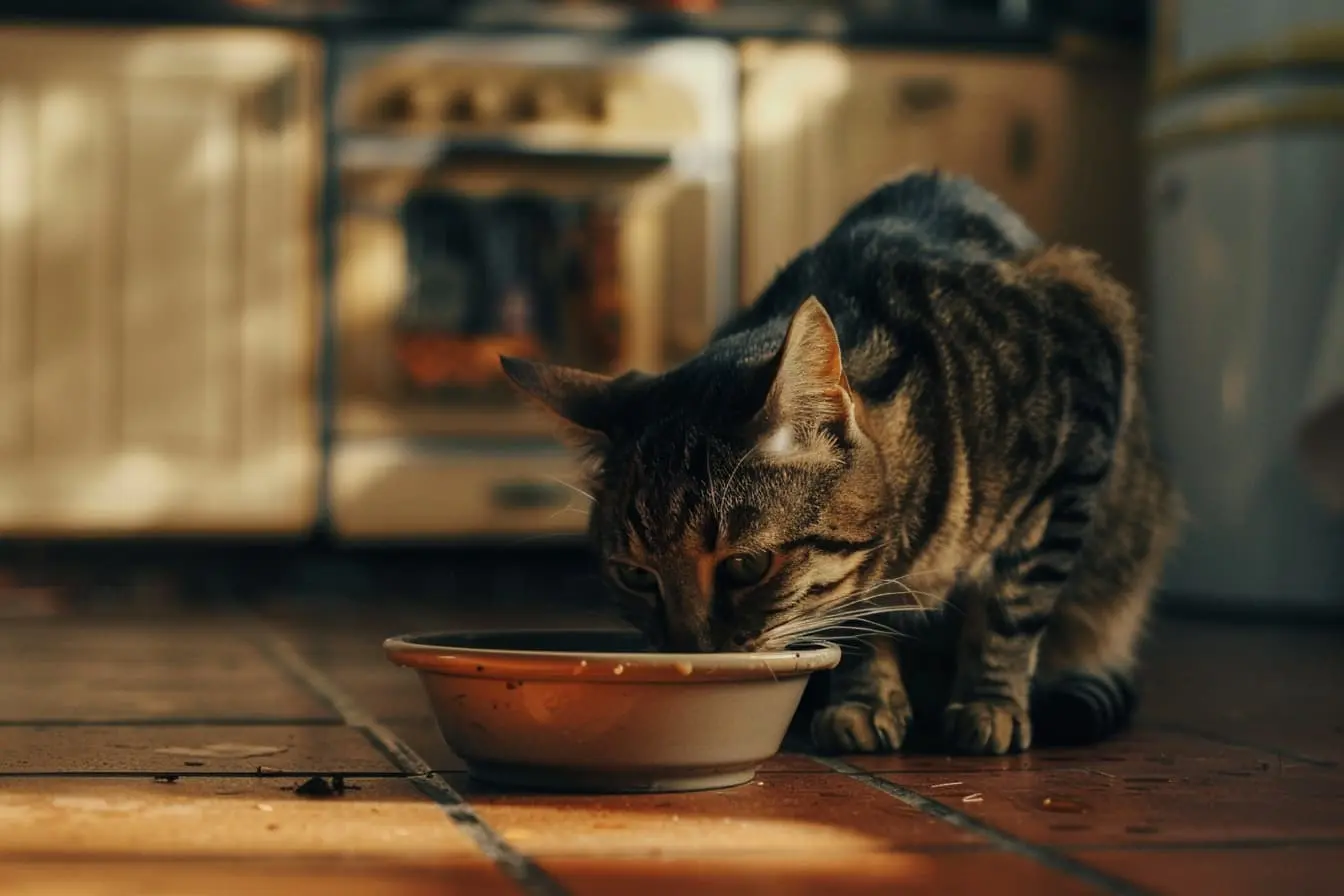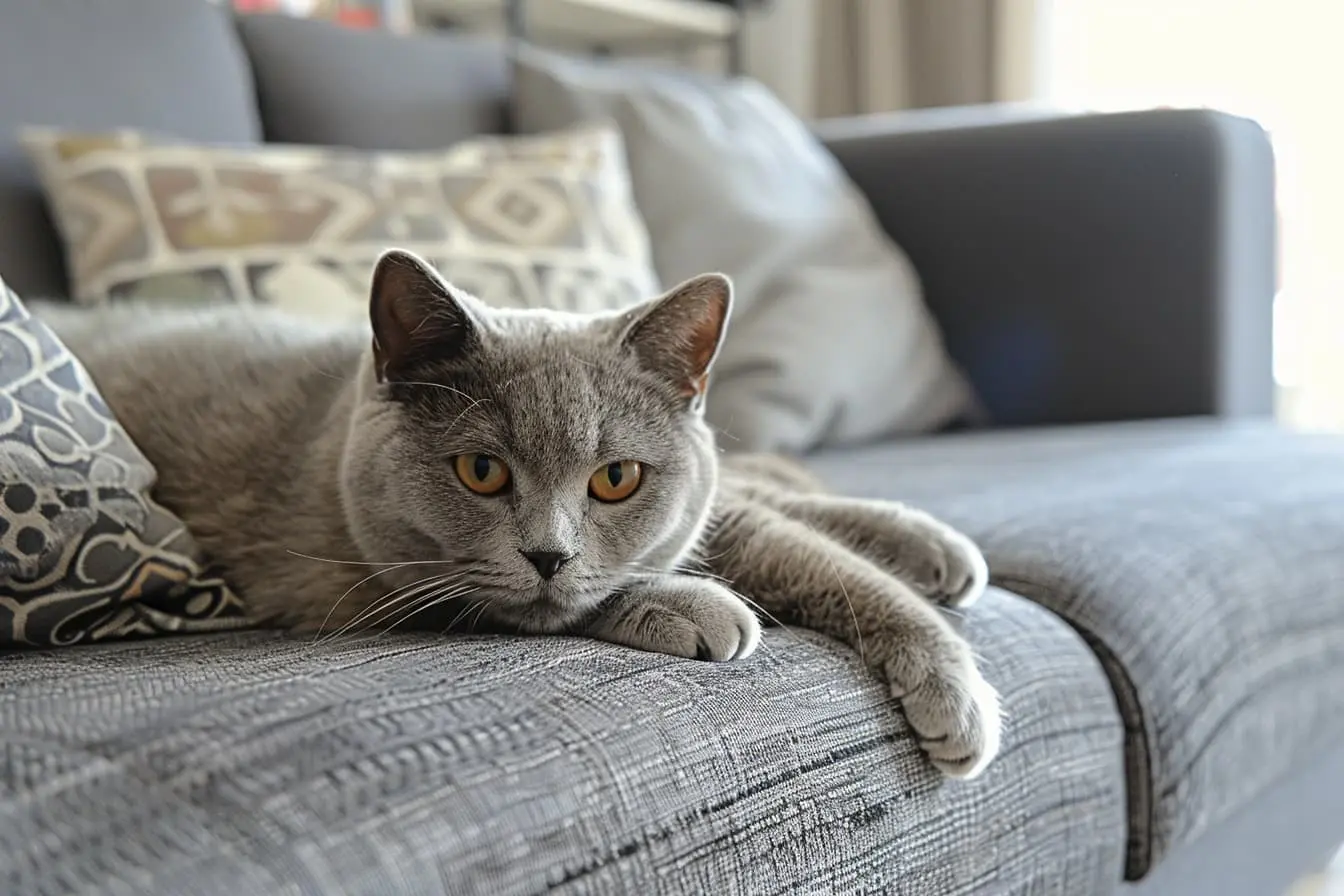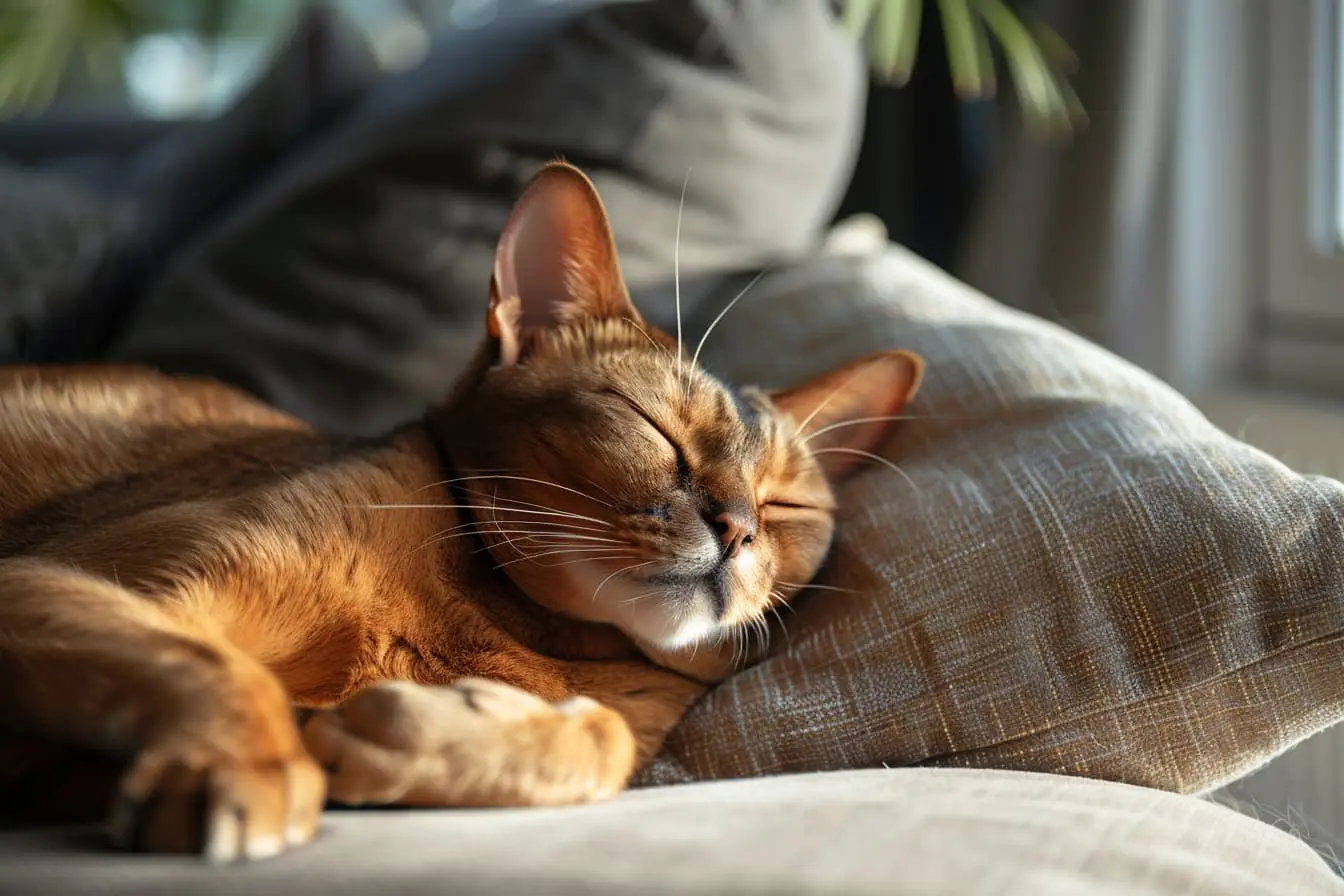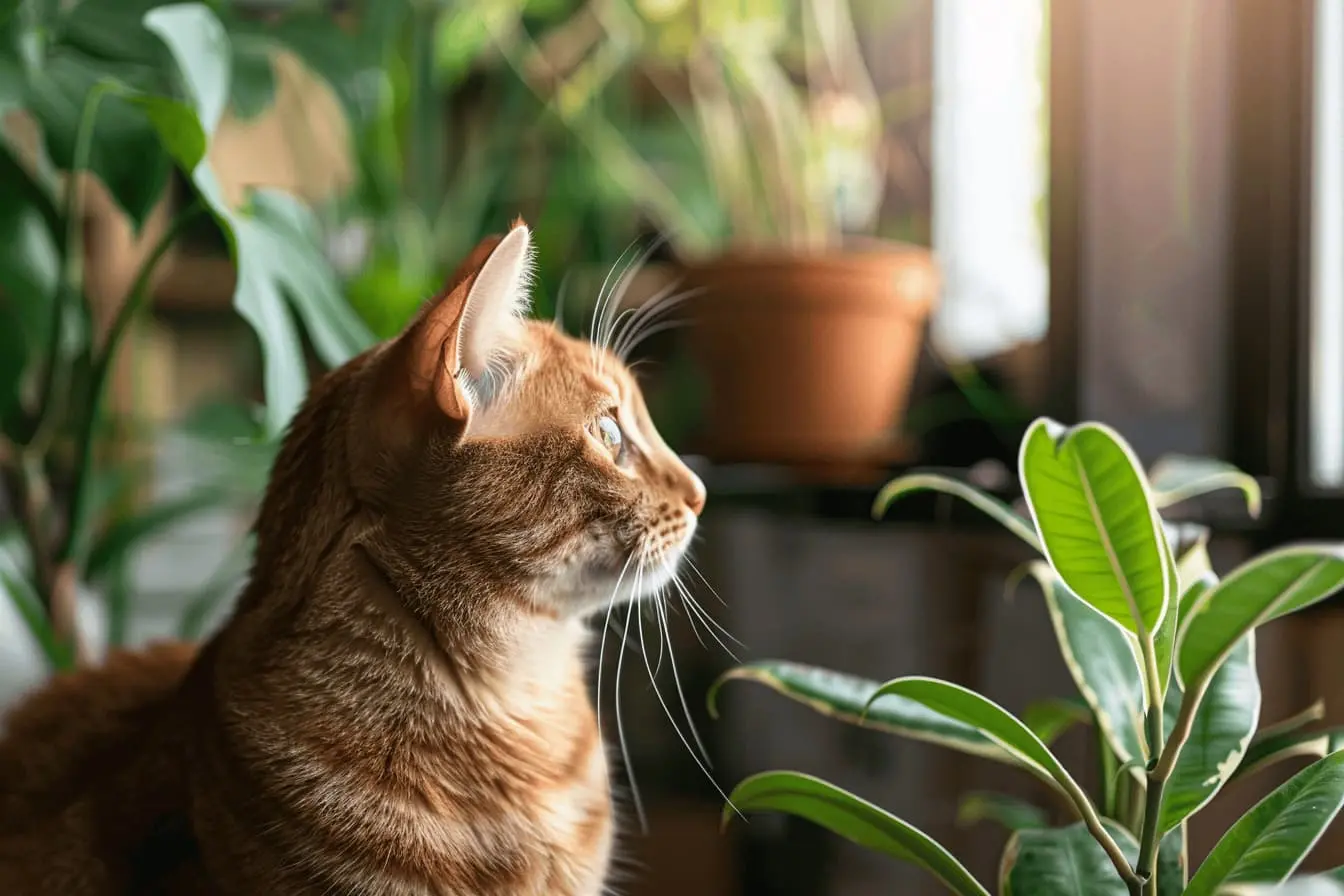
The Essential Guide to Feeding Your New Cat
As a new cat owner, one of the primary responsibilities you'll face is ensuring your feline friend receives the right nutrition for a healthy and happy life. Understanding what to feed your pet cat can be a bit daunting at first, but fear not—this guide will walk you through everything you need to know.
Understanding Cat Nutrition
Cats are obligate carnivores, meaning their bodies are designed to thrive on a diet primarily composed of meat. Their nutrition must include a high proportion of protein, moderate fat, and minimal carbohydrates. Essential nutrients such as taurine (an amino acid), vitamins, minerals, and fatty acids must be part of their daily diet to prevent dietary deficiencies and support overall health.
Commercial Cat Foods: Wet, Dry, and Semi-Moist
When choosing commercial cat foods, you'll encounter three main types: wet, dry, and semi-moist. Each type has its advantages and considerations:
- Wet Food: High in moisture, which is beneficial for hydration, especially for cats that are reluctant to drink water. It's often more palatable but can be more expensive and less convenient than dry food.
- Dry Food: Convenient, cost-effective, and good for dental health as it helps reduce tartar build-up. However, it's low in moisture, so it's crucial to ensure your cat drinks enough water.
- Semi-Moist: A middle ground between wet and dry, these foods are less common and can be higher in sugar and salt.
It's advisable to choose a premium cat food that specifies it meets the nutritional levels established by the Feline Advisory Bureau (FAB) or a similar reputable entity. Look for foods that list a high-quality animal protein as the first ingredient.
Raw and Home-cooked Diets
Some owners opt for raw or home-cooked diets, believing they offer fresher, more natural nutrition. While these diets can provide excellent nutrition when properly balanced, they require a thorough understanding of feline nutritional needs and careful preparation to avoid nutritional deficiencies or bacterial contamination. If you're considering this route, consult with a vet or a pet nutritionist to ensure the diet meets all your cat's nutritional requirements.
Feeding Kittens vs. Adult Cats
Kittens have different nutritional needs to adult cats. They require more protein, fat, calcium, and phosphorus for proper growth and development. Feed them kitten-specific food until they're about one year old, transitioning to adult food gradually to avoid digestive upset.
For adult cats, maintain a feeding schedule of two meals a day. The amount to feed depends on the cat's size, age, and activity level. Always refer to the feeding guidelines on the food packaging and adjust as necessary to maintain a healthy weight.
Tips for Healthy Feeding
- Fresh Water: Ensure your cat has constant access to fresh, clean water. Consider a cat water fountain to encourage drinking, as proper hydration is crucial.
- Moderation with Treats: Treats should not make up more than 10% of your cat's daily caloric intake to avoid obesity.
- Monitor Weight and Health: Regularly monitor your cat's weight and adjust food intake as needed. Sudden weight gain or loss warrants a vet visit.
Conclusion
Feeding your new cat may seem complex, but with the right information and a bit of observation, you'll quickly become adept at meeting their nutritional needs. Always prioritise high-quality food suited to their life stage and health status, and don't hesitate to seek advice from your vet if you have any concerns about your cat's diet or health. By providing proper nutrition, you're setting the foundation for a long, healthy, and happy life together with your new feline companion.
Vets near you
Speciality vets
- Aquatics vet specialists
- Birds vet specialists
- Camelids vet specialists
- Cats vet specialists
- Cattle vet specialists
- Deer vet specialists
- Dogs vet specialists
- Equines vet specialists
- Exotic vet specialists
- Goats vet specialists
- Pigs vet specialists
- Poultry vet specialists
- Sheep vet specialists
- Small Mammals vet specialists
- Wild vet specialists
Vet facilities
- Accessible by public transport
- Blood testing
- Car park nearby
- Client car park
- Dentistry
- Diagnostic imaging
- Disabled public access
- Flea and worm treatments
- Microchipping
- Mobile services
- Neutering
- Open at weekends
- Out-of-hours service
- Referral interests
- Referrals only
- Street parking outside
- Toilets available
- Vaccinations



